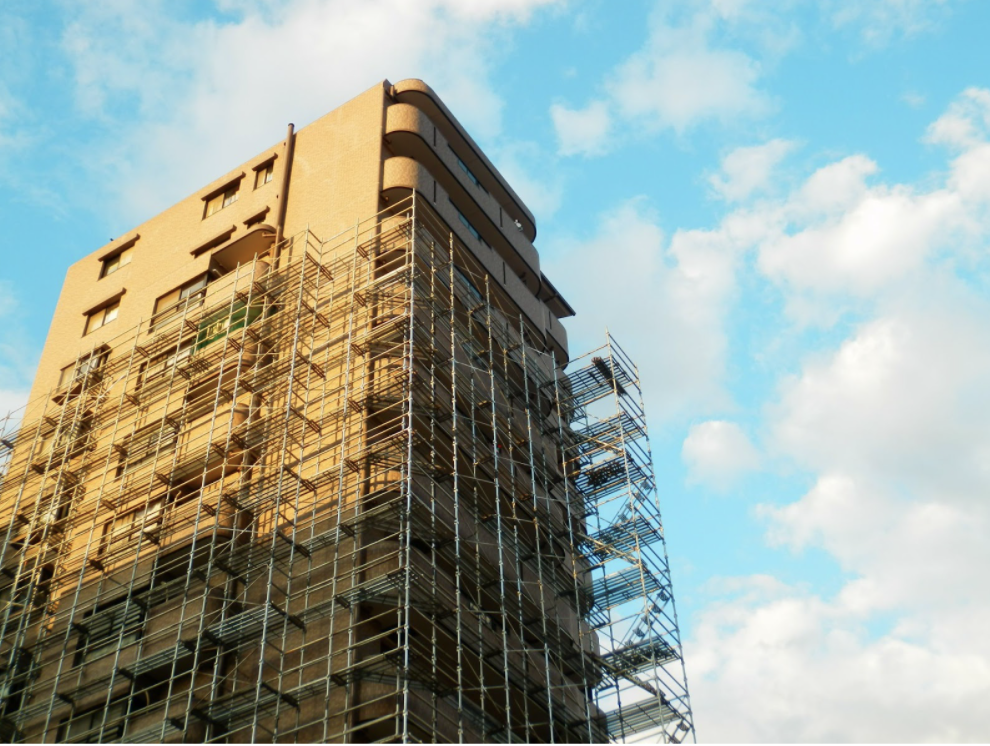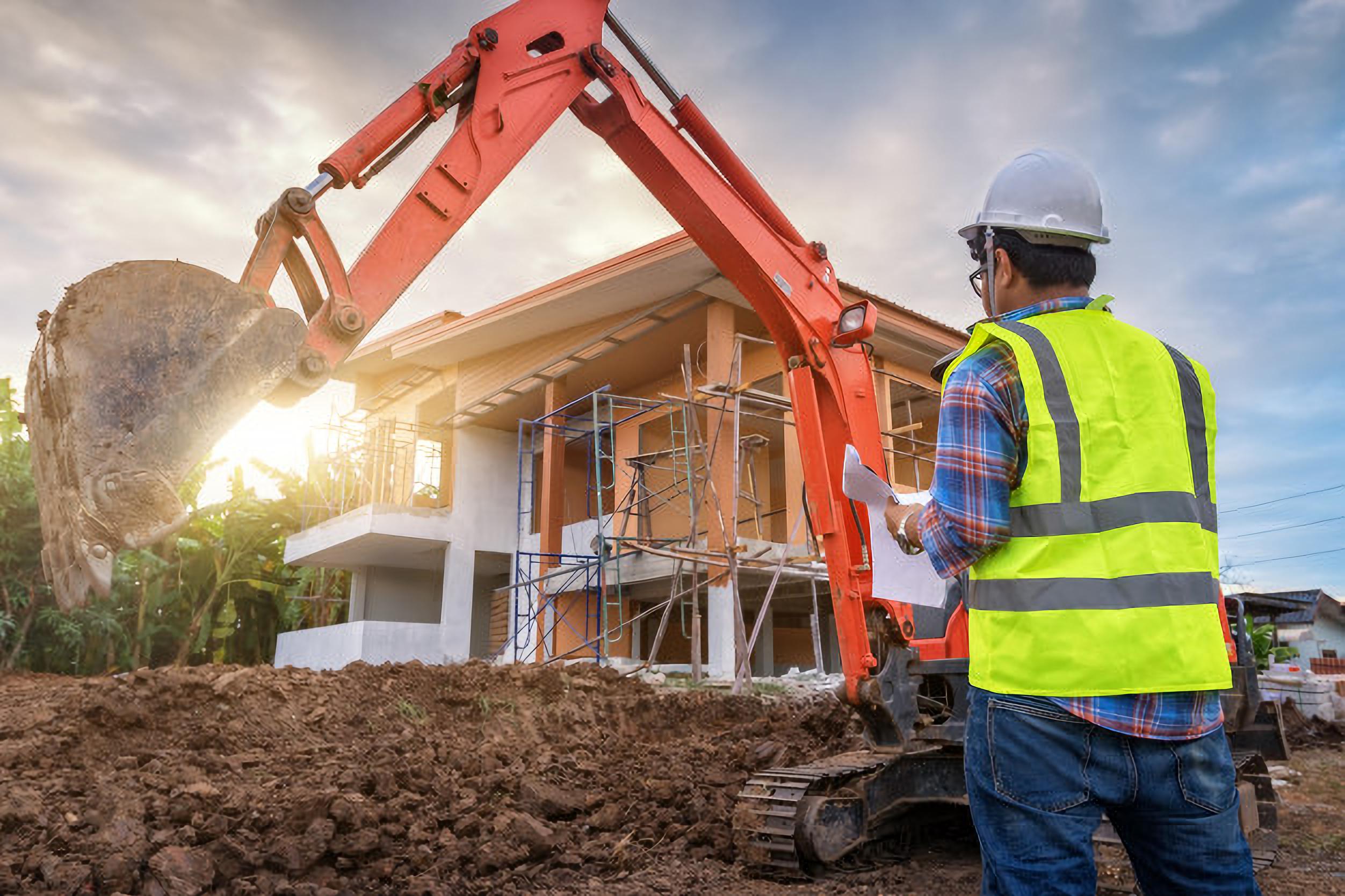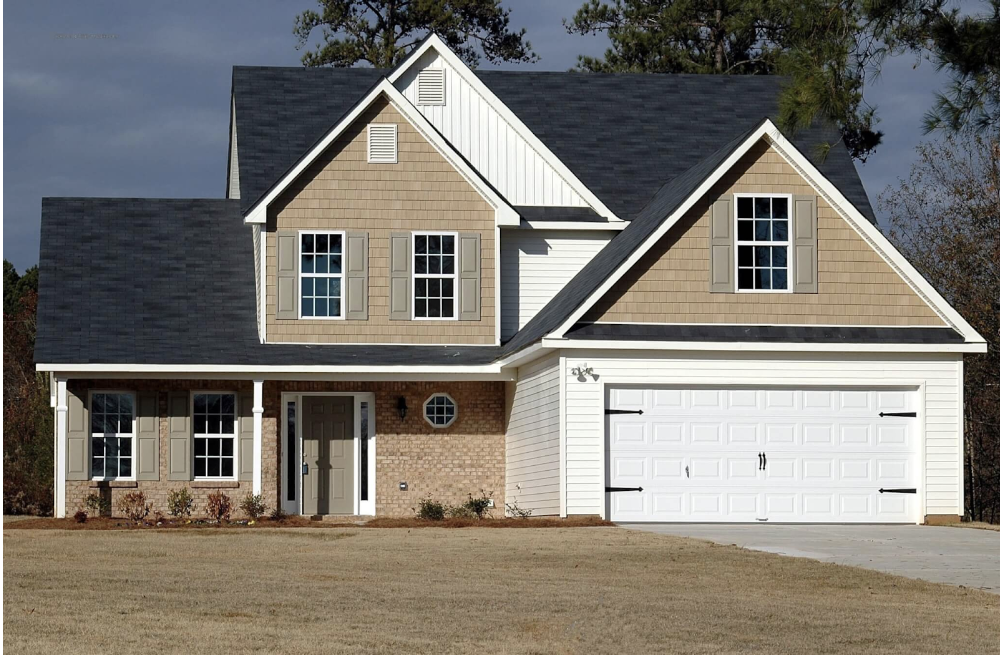Managing a property requires a high level of business acumen. Being an HOA community manager is sometimes a thankless job. But someone needs to help manage the community, ensure that those are being paid, and help take care of maintenance/repairs that might need to be done. It’s also prudent to keep the neighborhood looking in tip top shape while helping to maintain/bolster property values across the board. Automation is a great way to help streamline these functions, ensure residents are able to enjoy their homes, and keep everything in good working condition. Whether it’s a set of condominiums or townhouses, running your HOA is so much easier with powerful automation. Here’s a look at five unique tools for HOA automation.
Budgeting
Budgeting is a pretty big part of managing an HOA. Assets that are owned by the community also need regular maintenance and occasional replacement. Member dues go toward this and sometimes might get a little higher to pay for larger projects. There are also reserve funds that are specially delegated for maintenance, repairs, and common asset replacements. They have to be adequately funded, however, before they can be used. Every state is different, but the HOA should be able to track such things and be flexible about how funds are being used. Sometimes a special assessment might be needed, so having automation tools to manage that as well is incredibly useful as well as helping to create the necessary documentation to validate the assessment of the first place.
Maintenance
If an HOA is run incredibly well, it keeps those property values protected. Curb appeal and a nice veneer of elegant-looking houses isn’t such a bad thing. Aesthetics and cleanliness are usually pretty important with an HOA and there are certain standards that have to be maintained by every homeowner. Yard work and maintenance are integral to maintaining that sense of conformity/uniformity that condos and homeowners often to enjoy, which ultimately improves the property values. This might prove too restrictive for some while others may see it as a necessary thing to improve property values. HOA managers use the dues from payments to help oversee these projects and ensure compliance. The software can help ensure compliance and help flag any potential issues or solicit possible feedback from the community.
Payment Processing
Residents have to pay their dues. It’s just part of being involved in a homeowner’s association. HOA dues pay for essential services. Homeowners and community members pay these fees to assist with upkeep, maintenance, repairs, and improvements to the community. Whether the residents live in condominiums or townhouses, the principle is the same. Do you want your parking lot to remain striped, free from potholes, and fully maintained? How about having access to a gym, recreation center, or pool? All of these amenities are paid for with your dues! Dues can fluctuate (both up and down), and although they cover many things, they don’t cover everything. There will still be some things homeowners have to pay for independently of their dues.
The best way to ensure dues are paid accurately and on time is by using easy use property management accounting software to track payments. The software allows for batch processing payments, electronic payments, and setting up payment plans. If your residents need to postdate or scan physical checks, it can do that, too. Because financials are so important, this kind of software can also be leveraged for everything from forecasting budgets to managing the reserve fund. Taking advantage of tracking software for these activities saves you time, energy, and money along every financial aspect of managing the HOA.
Vendor Management
Just like running a business, vendor management is crucial at an HOA. When repairs need to be done or projects are coming up, somebody has to assess and select vendors. Finding reputable vendors can be difficult. So, using automation software tools to help you seek reputable vendors is almost essential to the process. Once you’ve found your vendors, you can open a line of communication, have them come out and do an assessment, get them to do the work, and pay their invoices all from the convenience of your software tools. When you’re managing a large community, who wouldn’t want that? Ultimately, vendor management can be a tough proposition, so any tools you can use at your disposal to assist with that are always useful.
Common Area Services

Covid-19 took a toll on community areas around the country. Pools, courts, and other common areas may have new safety procedures/guidelines or be limited access. Communicating this message to the HOA can be difficult. They need to be informed about what the protocols actually are if there are any capacity limits and any pertinent information about current operating hours. Rec centers, especially, need to have a clear set of rules for residents to follow. Use managed communication methods such as email or SMS text messages to communicate with the community and solicit real-time feedback about things. Even removing Covid-19 procedures from the equation, there are still clear-cut rules to maintain community function. If everyone just goes around the common areas doing whatever they please, it leads to pandemonium and chaos. Residents should be able to easily obey the rules, know what they are, and be able to enjoy their common areas. Implementing reservations, feedback, additional technology, and improved communication methods can make your common areas all the more enjoyable for everyone in the community!




